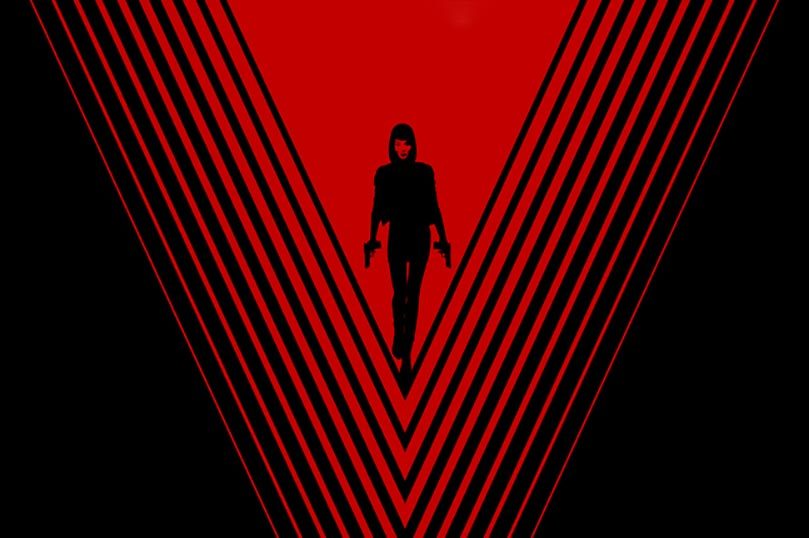
Excerpt: Vengeful by V.E. Schwab
A super-powered collision of extraordinary minds and vengeful intentions—V. E. Schwab returns with the thrilling follow-up to Vicious. Vengeful will be available on September 25th.

A super-powered collision of extraordinary minds and vengeful intentions—V. E. Schwab returns with the thrilling follow-up to Vicious. Vengeful will be available on September 25th.
“I was seven years old the first time my uncle poisoned me…” Outwardly, Jovan is the lifelong friend of the Chancellor’s charming, irresponsible Heir. Quiet. Forgettable. In secret, he’s a master of poisons and chemicals, trained to protect the Chancellor’s family from treachery. When the Chancellor succumbs to an unknown poison and an army lays…
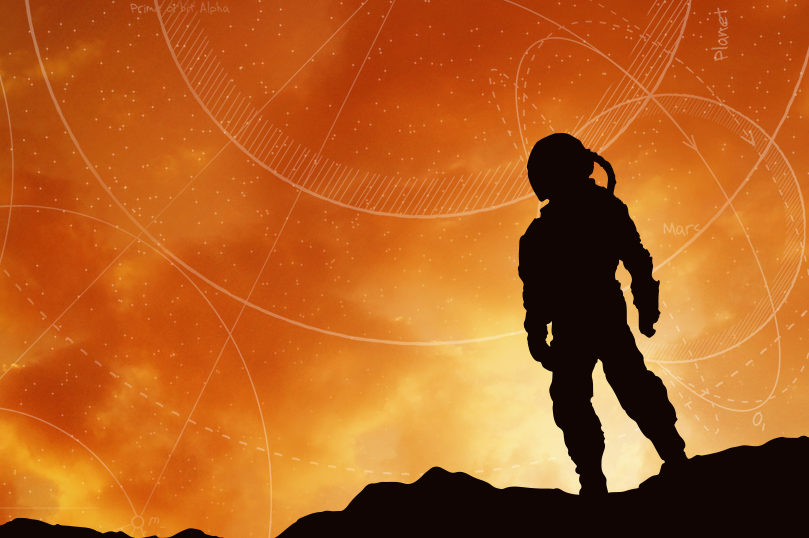
Welcome to #FearlessWomen! Continuing the grand sweep of alternate history begun in The Calculating Stars, The Fated Sky looks forward to 1961, when mankind is well-established on the moon and looking forward to its next step: journeying to, and eventually colonizing, Mars. Of course the noted Lady Astronaut Elma York would like to go, but there’s a lot riding…
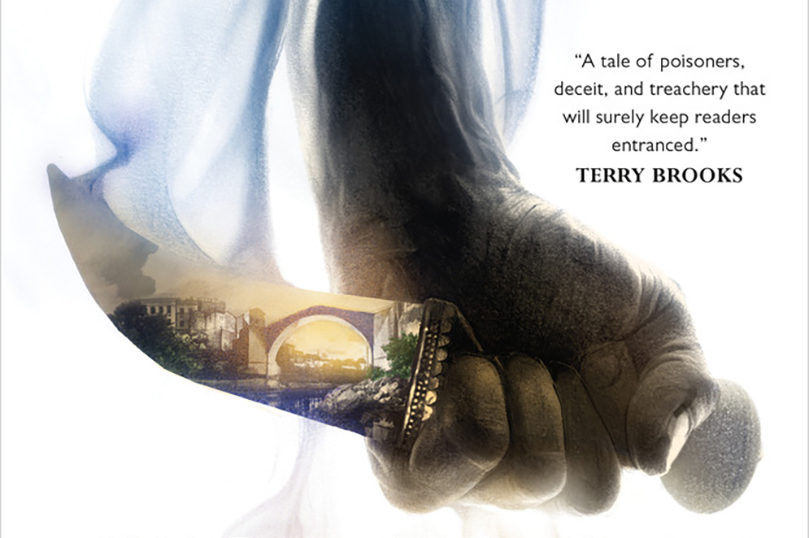
Do you have what it takes to be a proofer, like Jovan in City of Lies? Find out if your palette is up to the task in our quiz!

Meet the #FearlessWomen: Kalina from City of Lies by Sam Hawke!
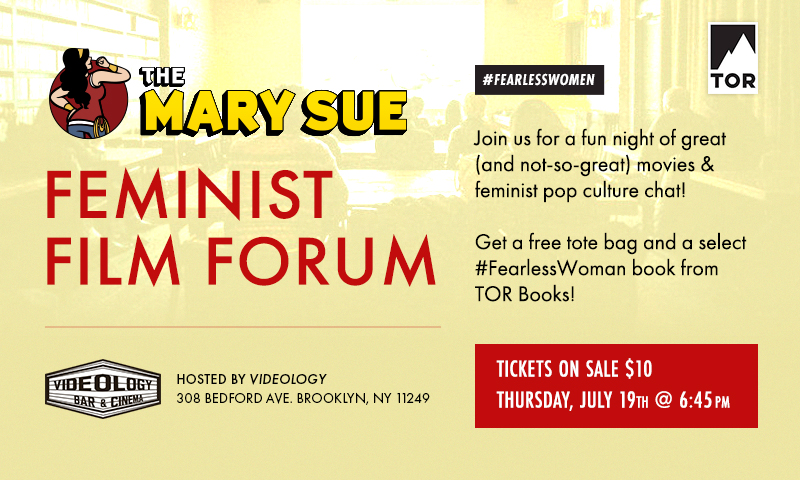
On Thursday, July 19th, Tor is sponsoring a playful and engaging feminist clip show/film analysis presented by Princess Weekes, Assistant Editor of The Mary Sue!
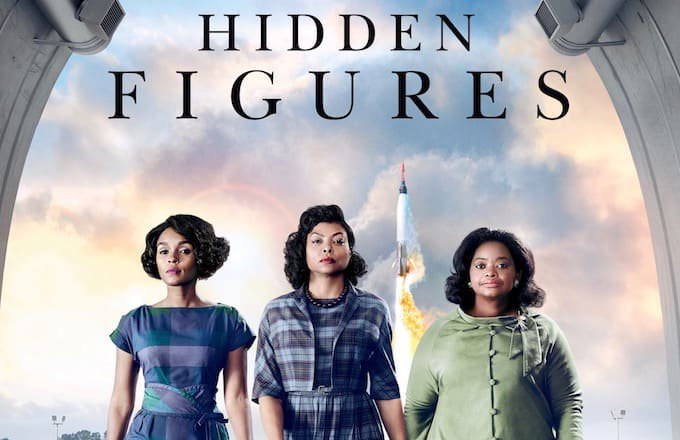
Are you hungry for more Hidden Figures? We’ve rounded up some of our favorite science fiction novels that fit the bill. They’re sure to grab your imagination!
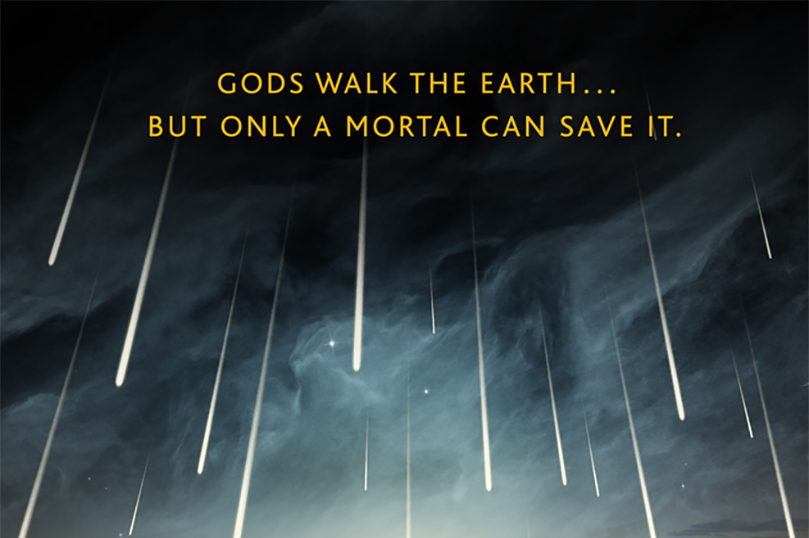
Did you love Jacqueline Carey’s Starless? Want to talk about it? We’ll help you get started with the official Reading Group Guide!

Author Sam Hawke tackles a big question: how does sci-fi and fantasy—and her novel City of Lies—uniquely explore gender?
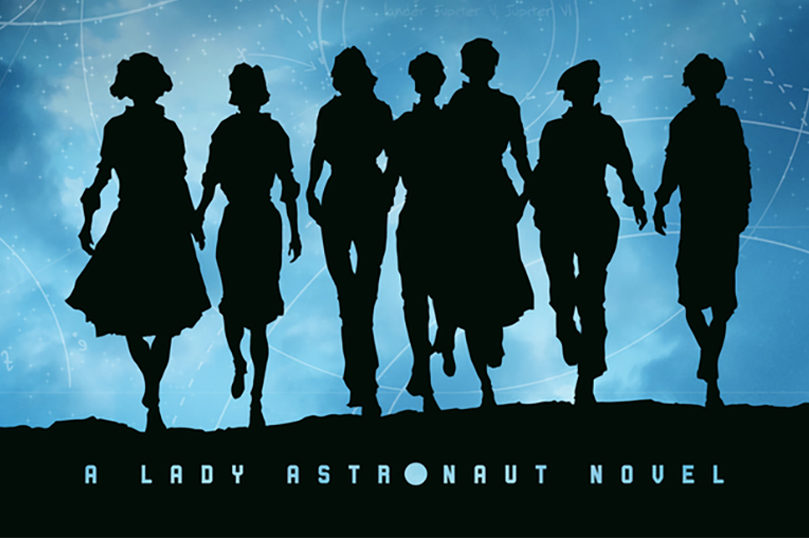
#FearlessWomen author Mary Robinette Kowal examines the way her own biases have influenced her work, particularly in The Calculating Stars.